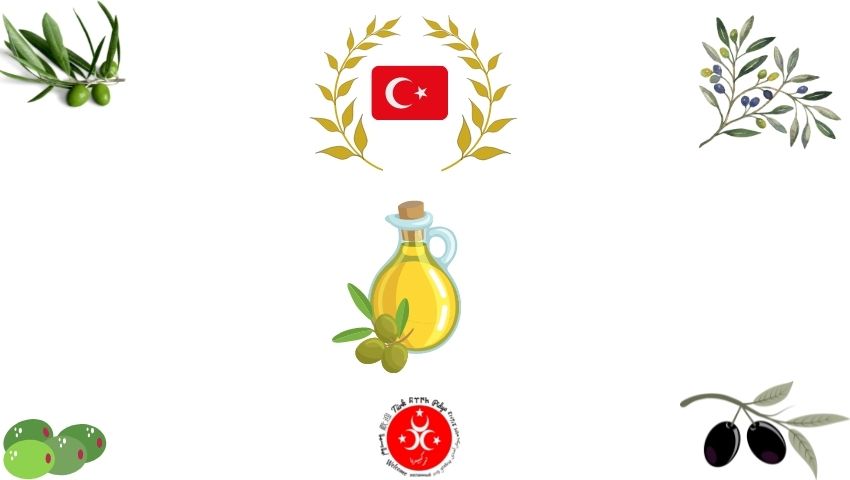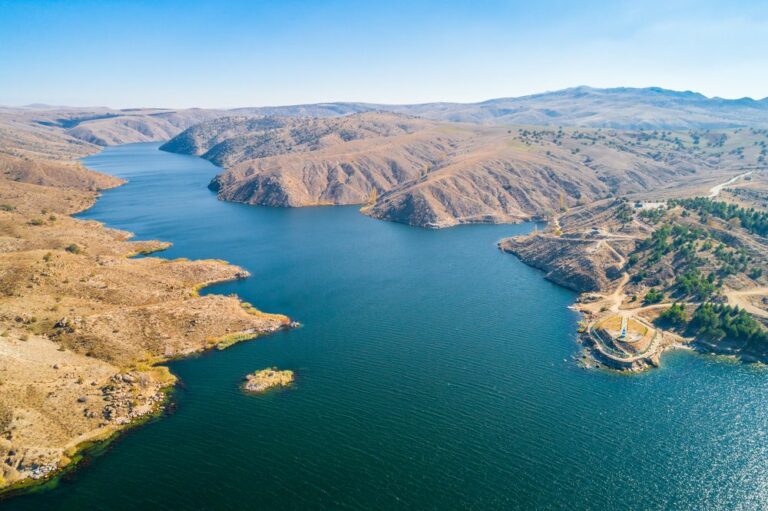Turkish Olive Production: Global Leader & Insider Secrets (2026 Outlook)
Table of Contents
When you picture olive groves, your mind likely drifts to Tuscany’s rolling hills or the sun baked plains of Andalusia. But the global map of olive oil has fundamentally shifted. The reality is that Turkey has quietly become the second largest olive oil producer in the world and the undisputed leader in table olives. Turkish olives are no longer just a breakfast staple; they are a massive economic commodity often imported by the very “brand name” countries like Spain to meet their own demand.
In this guide, we look past the dry statistics. We explain why industry insiders call Turkish oil the “sleeping giant,” where you can find the oldest producing trees on the planet, and which specific regions produce the highest quality “liquid gold.”

The Global Shift: Turkish Olives by the Numbers
Over the last two decades, Turkey has aggressively invested in its olive sector. With approximately 200 million olive trees now in the ground, the country has become a heavyweight contender. For the 2024/2025 season, forecasts predict a record production of around 475,000 tons of olive oil, placing Turkey directly behind Spain and frequently ahead of traditional rivals like Italy or Tunisia.
Here is the open secret few consumers know: A significant portion of the olive oil sold globally as “European Blend” actually originates in Turkish groves. The genetic diversity here is immense, featuring hundreds of local varieties that boast high oil content and distinct flavor profiles that European bottlers rely on to enhance their own stocks.
Culture & Tradition: More Than Just Food
The olive is deeply rooted in Anatolian DNAboth literally and culturally. It is the cornerstone of the famous Turkish breakfast, often paired with distinct regional cheeses. If you are exploring the culinary landscape, understanding the best varieties of Turkish cheese to pair with these olives is essential for the full experience. But beyond the table, the olive supports centuries old traditions.
Green Gold in Skincare
Long before modern cosmetics brands slapped “organic” labels on their bottles, the Gaziantep region (specifically the Nizip district) was producing pure olive oil soap. These green blocks are renowned for their moisturizing properties and serve as a perfect example of traditional craftsmanship. If you are looking for an authentic souvenir that isn’t a cheap trinket, handmade olive soap is the practitioner’s choice.
Oil Wrestling: A Slippery Heritage
Perhaps the most unique cultural inheritance is Yağlı Güreş (Oil Wrestling). Practiced for over 600 years, this sport reaches its peak at the legendary Kırkpınar tournament in Edirne. The wrestlers (Pehlivan) wear traditional leather trousers (Kispet) and douse themselves in liters of olive oil.
To the outsider, it looks chaotic, but it serves a tactical purpose: the oil makes it nearly impossible to grip an opponent, turning the match into an ultimate test of core strength and technique. If you plan to visit the historic city for this event, be sure to check our survival guide to shopping in Edirne, as the city transforms into a bustling hub during the tournament.
Witnesses of History: Ancient Olive Trees
Turkey is home to some of the oldest living organisms on Earth. These are not just fenced off monuments; they are working trees that still bear fruit.
- The Kırkağaç Tree (Manisa): Estimated to be over 1,650 years old, this tree was officially registered as a natural monument in 2013 and continues to produce olives today.
- The Methuselah of Mersin: Located in the Mut district, this giant is dated at approximately 1,300 years old, standing as living proof of Anatolia’s agricultural continuity.
- The Treasure of Teos: In the ancient city of Teos (near Seferihisar, Izmir), stands a tree estimated at 1,800 years old. The oil from this specific tree is so coveted that it commands record prices at auctions. In past years, half a liter of this rare oil has sold for the equivalent of thousands of dollars, with proceeds often donated to social projects.

The Curator’s Guide: Where Does the Best Oil Come From?
Not all oil is created equal. If you are sourcing for quality, ignore the generic brands and look for these specific regions on the label:
The Aegean Region: The Production Heart
The Aegean coast is the “Tuscany of Turkey.” Here you will find the highest density of trees and the most modern processing facilities. The standout name you need to know is Ayvalık.
Ayvalık is synonymous with premium olive oil in Turkey. With nearly 2 million trees in this district alone, the harvest is often done traditionally to prevent bruising the fruit. The result is an oil with exceptionally low acidity, perfect for cold dishes and salads. It is the gold standard for Turkish cuisine.
Hatay: The Historic Cradle
Located in the southeast, Hatay boasts an ancient agricultural lineage. About 18% of the agricultural land here is dedicated to olives. The climate in Hatay produces olives with an intense, robust flavor profile. The region is currently investing heavily in modern mills to standardize this unique taste for the export market.
Export & Economics: The Business of Oil
The Turkish olive economy is aggressively export oriented. Ironically, Spain—the world’s largest produceris one of the biggest importers of Turkish olive oil. In years where European harvests fail due to drought, Spanish and Italian bottlers buy massive quantities of Turkish oil to fulfill their contracts.
Other key markets include the USA, Germany, Romania, and Iraq. Trade data shows a strategic shift: Turkey is moving away from selling cheap bulk oil in barrels and is instead pushing its own branded, packaged goods to keep the value within the country. For investors watching this sector, understanding the broader business landscape is crucial. Our guide on starting a company in Turkey outlines the logistical shifts that facilitate these kinds of export operations.
The Bottom Line: Next time you reach for a bottle of olive oil, check the origin. There is a high probability the quality inside has its roots in the Aegean. Turkey has secured its place at the top of the global table not just through volume, but increasingly through undeniable excellence.








